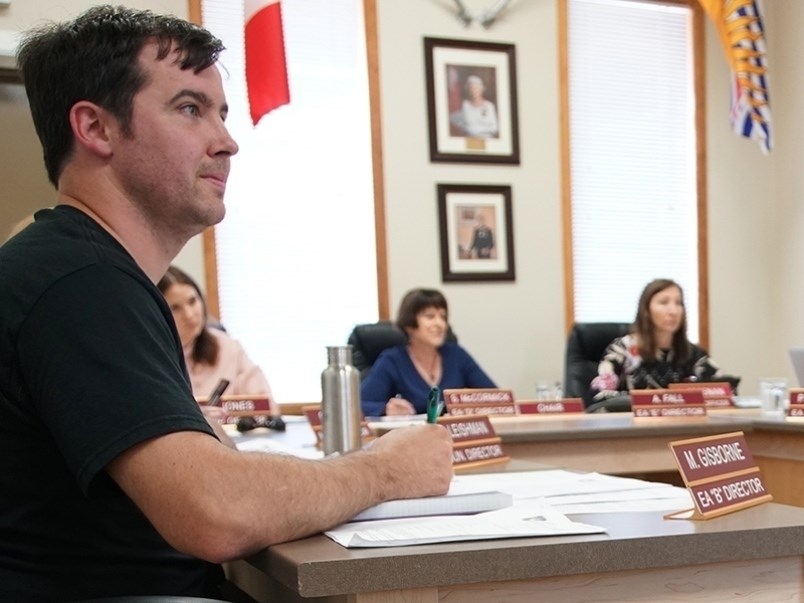qathet Regional District’s (qRD) board of directors has updated its public communications and engagement policy, including a section on use of social media.
At the August 25 regional board meeting, directors debated the merits of the policy.
Electoral Area B director Mark Gisborne said that since the August 18 committee of the whole meeting, when directors received amendment recommendations, his views regarding the policy have changed.
“This policy applies to the personal social media accounts of both the elected officials and members of our staff,” said Gisborne. “I believe the inalienable sovereignty of the people is at the core principle of a genuine democracy and finds its enduring political expression in the uninhibited right to criticize the conduct of government in the public forum.
“When a member of our staff is off the clock, I do not expect them to continue to serve or be acting on behalf of the regional district. I see this policy as aiming to preemptively silence or censor members of the board and members of staff from participating in their right to criticize the conduct of government in a public forum. Otherwise, they may face punitive actions and risk the financial security provided by their employment.”
Gisborne said this policy seems to be an attempt to cleanse the forum of political criticism. He said in order to protect the rights of current and future staff, and to protect the rights of current and future members of the regional board, he strongly encourages his fellow members of the board to vote against the policy.
Electoral Area A director and board chair Patrick Brabazon said he fails to see how censorship could be read into the policy.
“Its purpose is to clarify that when directors are speaking, they are either speaking for themselves, or they have some authority to speak for the regional board,” said Brabazon. “I, as chair of the board, under legislation, can speak for the board. I’m very cognizant that when I do so, I had better have the board behind me and that they’ve already spoken in some manner and I can then address the public on the issue.
“I would not want the public to be confused when any of us speak, as to whether or not we are speaking personally, or we are actually speaking for the board of the regional district.”
Gisborne said that is not the concern he has with the policy.
“When a member of our board speaks on behalf of the board, that makes sense,” said Gisborne. “To restrict an individual’s personal social media account is a bridge too far.”
The board voted to adopt the policy, with Gisborne opposed.
According to the policy, staff must not speak on behalf of the regional district using personal accounts online. qRD staff and directors must state that opinions are their own and do not reflect the views of the organization.
Staff and directors must not post personal comments or status updates that reflect negatively on the integrity of the organization nor to air grievances which should be directed through human resources.
Staff and directors must avoid using their personal social media channels to express opinions that could create a perception that they are unable to perform their duties in an objective or impartial manner.
The regional board also passed amendments that it adopt the public communications and engagement as amended and that the board direct staff to complete a comprehensive review of the bylaw complaints and enforcement policy and bring a revised policy back to the committee of the whole.
The board also voted to include communications with community groups as a topic of discussion at the next strategic planning session.



